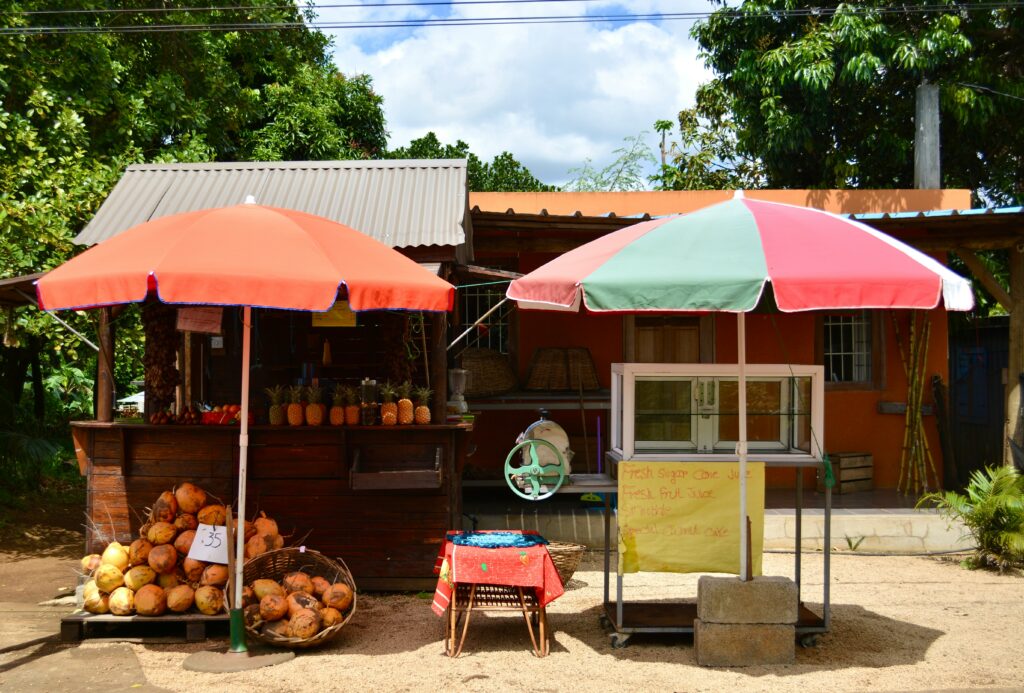Is There a Malaria Vaccine for US Travelers? Understanding Your Options
Traveling abroad can be an exciting adventure, but it also comes with certain health risks, especially if you’re headed to areas where diseases like malaria are prevalent. As you prepare for your journey, you may wonder: is there a malaria vaccine for US travelers? And if not, what alternatives should you consider, such as Malarone? In this guide, we’ll explore these questions in depth.
Understanding Malaria
Malaria is a serious and sometimes fatal disease caused by parasites that are transmitted to humans through the bites of infected mosquitoes. When a mosquito carrying the malaria parasite bites you, the parasite enters your bloodstream and can lead to symptoms ranging from fever and chills to severe anemia and even death if left untreated.
In the United States, the risk of contracting malaria is relatively low, especially compared to endemic regions like Sub-Saharan Africa. In fact, recent reports indicated only a handful of non-travel-related malaria cases in Florida and Texas, highlighting that while the disease exists, it is not common in the U.S. (Healthline). As a traveler, your risk largely depends on your destination.
The Current Status of Malaria Vaccines
As of now, there is no malaria vaccine available in the United States for general use, and one is not expected to be widely available anytime soon. The most notable vaccine, RTS,S/AS01, is approved by the World Health Organization (WHO) but is primarily aimed at children in regions where malaria is highly endemic (Peds Pandemic Network). This vaccine targets the Plasmodium falciparum parasite, which causes the most severe form of malaria.
One reason for the lack of a malaria vaccine in the U.S. is the relatively low incidence of the disease here. Public health officials prioritize vaccinations based on the prevalence of diseases in specific regions. In addition, malaria cases in the U.S. are often linked to international travel, meaning that vaccination is less of a priority compared to other communicable diseases.
Why Isn’t There a Malaria Vaccine in the United States?
The absence of a malaria vaccine in the U.S. boils down to the limited risk that the average American faces regarding malaria. While thousands of cases are diagnosed annually, they are mostly travel-related. Many experts, including Dr. Eyal Leshem, point out that the likelihood of contracting malaria in the U.S. is so low that it does not justify the widespread implementation of a vaccine.
Moreover, the recent malaria cases identified in the U.S. involved a different species, Plasmodium vivax, which the current vaccines do not cover. This further complicates the rationale for developing a vaccine for the U.S. market (Healthline).
What Are the Alternatives for Malaria Prevention?
Even without a malaria vaccine, there are effective preventive measures and alternatives you can consider, particularly if you are traveling to malaria-endemic regions. One of the most common prophylactic medications is Malarone, which is a combination of two antimalarial drugs: atovaquone and proguanil. It is effective in preventing malaria caused by the Plasmodium falciparum parasite.
Here’s what you should know about Malarone and other preventive options:
- Malarone: This medication is typically taken once daily, starting one to two days before you arrive in a malaria-endemic area and continuing for seven days after you leave. It is well-tolerated by most individuals, though it may cause side effects in some cases.
- Doxycycline: Another option, doxycycline is an antibiotic that can also prevent malaria. Like Malarone, it is taken daily and requires a similar schedule. However, it’s essential to be aware of potential side effects, such as sensitivity to sunlight.
- Primaquine: This medication targets the liver stage of the malaria parasite and is particularly effective against Plasmodium vivax. It is usually used in conjunction with other medications.
Regardless of which medication you choose, consult with your healthcare provider about the best option for your travel itinerary and health history.
Protecting Yourself from Mosquito Bites
In addition to taking antimalarial medications, protecting yourself from mosquito bites is crucial. Here are some effective strategies:
- Wear long sleeves and pants, preferably in light colors, as dark clothing may attract mosquitoes.
- Use insect repellent containing DEET or picaridin on exposed skin.
- Stay in accommodations with screened windows and doors, or sleep under a mosquito net if you’re in a high-risk area.
- Eliminate standing water around your living area to reduce mosquito breeding sites.
By implementing these preventive measures and being proactive about your health, you can significantly reduce your risk of contracting malaria while traveling.
Conclusion
While a malaria vaccine is not currently available for US travelers, understanding the risks and knowing the alternatives, such as Malarone, can help you make informed decisions. If you’re planning to visit areas where malaria is prevalent, consult with a healthcare professional about the best preventive measures and medications for your trip. Remember, staying informed and prepared is key to enjoying a safe and healthy travel experience.
For more information on travel health and wellness, visit Runway Health to connect with a doctor online and have medication shipped to you before departure.

